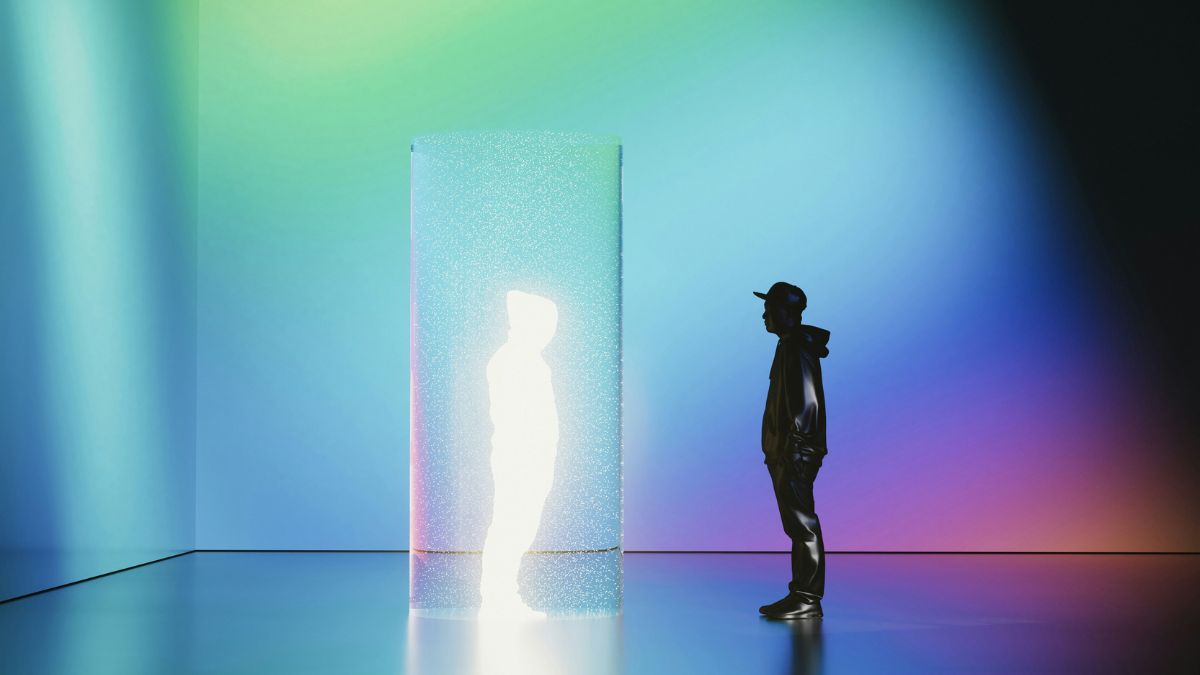

BreakPoint
Charles Manson Goes Mainstream
Thirty years ago Charles Manson masterminded an orgy of bloodshed that became a vivid symbol of mindless murder. Today he's becoming a pop celebrity. Manson was the wild-eyed leader of a gang that murdered several people, including actress Sharon Tate and her unborn baby—smearing their blood on the wall. But from his prison cell, Manson is evolving into a cult hero. Several rock bands are playing songs he composed. His face is appearing on T-shirts, jackets, hats, hair clips, and even children's clothing. Charles Manson on children's clothing? Who would turn their own son or daughter into a poster child for a mass murderer? People picking the clothes off the rack told reporters they don't see Manson as evil. He's just "misunderstood," one customer said. Dan Lemmon, whose company makes Manson T-shirts, said, "Kids today don't look at Charlie Manson as a mass murderer. He's like a rebellious figure." What a telling phrase. In today's world, a vicious criminal can be transmuted into a romantic rebel. How did our values get so inverted? There was a time when Western culture held to a universal moral code. A code rooted in divine command. A code that applied to everyone, all the time. But as the West grew secular, people began to realize that without God, all moral codes are manmade. And if you make up your rules, while I make up mine, then for you to try to make me follow your rules is by definition oppressive. This is the philosophy of postmodernism. If there's no transcendent moral standard above us all, then whoever has the most power imposes his or her views on everyone else. But in that case, conforming to society's moral code means giving in to an oppressive system. The healthy response is not to give in but to rebel. Ever since the sixties, flaunting social rules has been portrayed as courageous rebellion. Amazingly, even crime itself was redefined as rebellion. In The Dream and the Nightmare, Myron Magnet tells the story of Robby, imprisoned for murder. In ghetto culture, Robby says, people look on gangsters with "pride and admiration." Why? Because "they represent rebellion" against a set of rules imposed on them from outside. Even as a boy, Robby says, he realized that the accepted thing "was to make up your own rules, do your own thing, but make sure it's contrary to what society says." You keep your dignity by rejecting the standards of a society that is oppressing you. Crime itself can be turned into heroic defiance. This explains why even Charles Manson can be elevated from a repulsive mass murderer into a misunderstood rebel. As Christians we need to grasp this progression. Unhitched from God's law, morality was reduced to mere private opinion. Calling something right or wrong was then seen as cramming your opinion down another person's throat. Christians need to make it clear that morality is not based on private opinions, it's based on a transcendent truth. But sadly, even the church has been invaded by postmodernism. For that story, tune in tomorrow.
03/23/94















